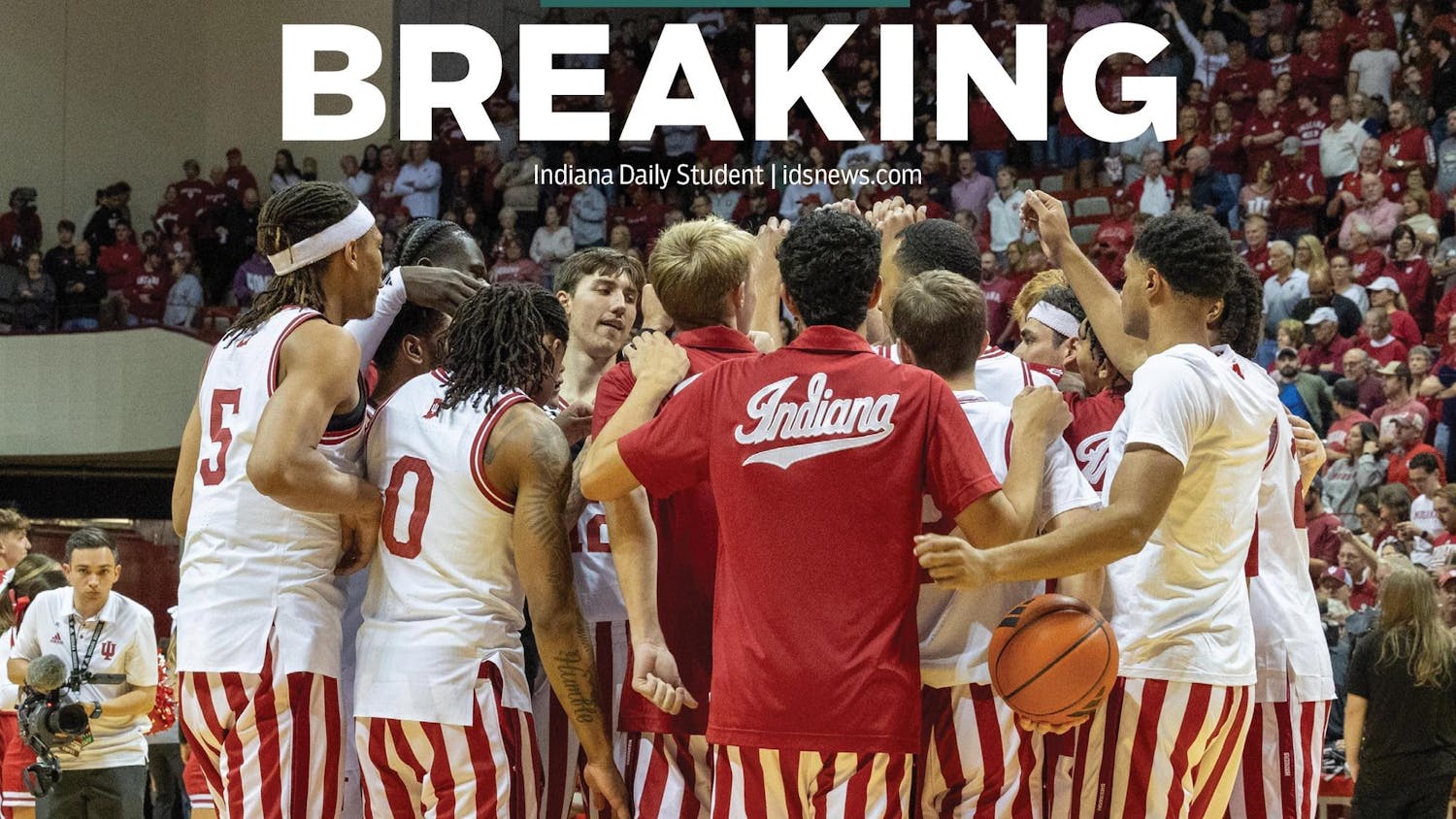Though far fewer students are on campus, the IU Office of Student Conduct is still operating. Students could be referred to the office for not following quarantine guidelines or violating the stay-at-home order, IU spokesperson Chuck Carney said.
Three students who threw parties March 28 were referred to the office by IUPD officers. According to the code of student conduct, the university can discipline students whose actions endanger themselves or others in the university community. Students referred to the office could face consequences ranging from a warning to expulsion.
Local attorney Amelia Lahn said the code extends to students who break local or state laws. Violating the statewide stay-at-home order is a misdemeanor.
The possible consequences from IU include a warning, which Lahn said is rare, to disciplinary probation, deferred suspension, suspension or expulsion. Other sanctions such as repairing damage caused or attending seminars can be added by a hearing officer depending on the misconduct.
Lahn said she doesn't think many students are aware the code of conduct still applies beyond campus.
“As a student, the code goes with you wherever you are,” she said. “So students should be mindful of that while they’re away from here.”
IU can discipline a student for personal misconduct or criminal acts not committed on university property for various reasons, such as the act posing a threat to them or others.
The office is continuing to conduct hearings virtually. Lahn, who has both defended students and worked on the hearing board, said she has seen a regular amount of cases.
The office deals with three types of student misconduct: sexual misconduct, academic misconduct and personal misconduct. Violating Gov. Eric Holcomb's stay-at-home order would fall under personal misconduct. Lahn said she thinks the office may see an increase in academic misconduct cases because students are working online and could cheat or plagiarize easier.
When someone is reported to the office for personal misconduct, staff in the Dean of Students Office determines if the act constitutes a disciplinary proceeding. If they decide it does, the student is notified and meets with a judicial officer or board for a judicial conference. Very few personal misconduct cases go beyond that level, but if they do, there is formal hearing and an appeal process, according to the Office of Student Conduct website.




